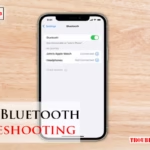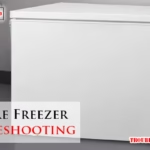Honda HR-V is a popular compact SUV known for its reliability. But like any vehicle, it can face issues.
If you own a Honda HR-V, knowing how to troubleshoot common problems can save you time and money. This guide covers typical issues and their solutions. From engine troubles to electrical glitches, we’ll help you understand what might go wrong.
Keep reading to learn how to keep your HR-V running smoothly.
Introduction To Honda Hrv Troubleshooting
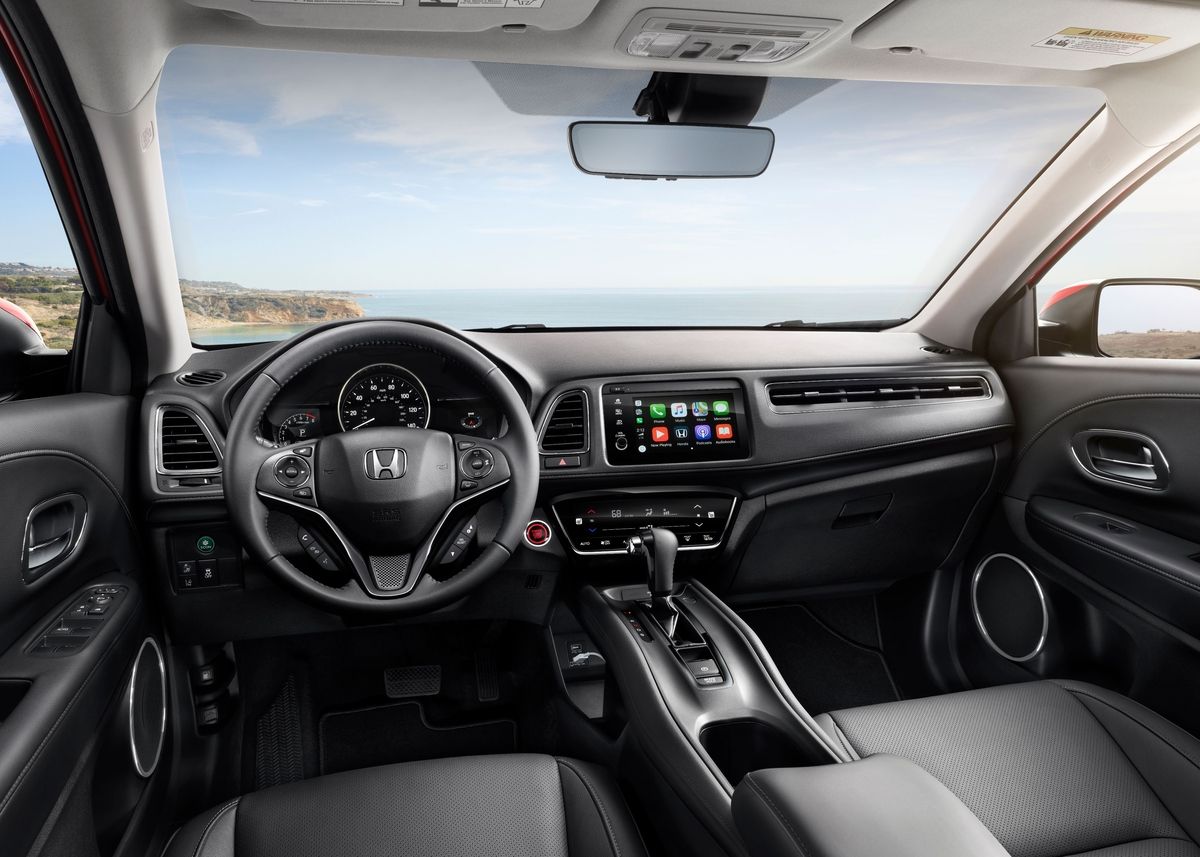
The Honda HRV is a reliable and popular compact SUV. Despite its reputation, it may encounter issues over time. Understanding these problems and knowing how to troubleshoot them is crucial. This guide will help you identify and resolve common issues with your Honda HRV.
Common Issues Overview
Even reliable vehicles like the Honda HRV can face problems. Here are some common issues:
- Engine problems: Misfires, rough idling, and stalling.
- Transmission issues: Delayed shifting and slipping gears.
- Electrical problems: Battery drainage and faulty sensors.
- Brake issues: Squeaking or grinding noises, and reduced braking power.
- Suspension problems: Unusual noises and rough rides.
Importance Of Troubleshooting
Troubleshooting your Honda HRV is important for several reasons:
- Safety: Identifying and fixing issues ensures your vehicle is safe to drive.
- Longevity: Regular troubleshooting extends the life of your HRV.
- Cost Savings: Early detection of problems can save you money on repairs.
- Performance: A well-maintained HRV performs better and more efficiently.
By regularly troubleshooting your Honda HRV, you can maintain its reliability and enjoy a smoother driving experience.
Honda HRV Engine Problems
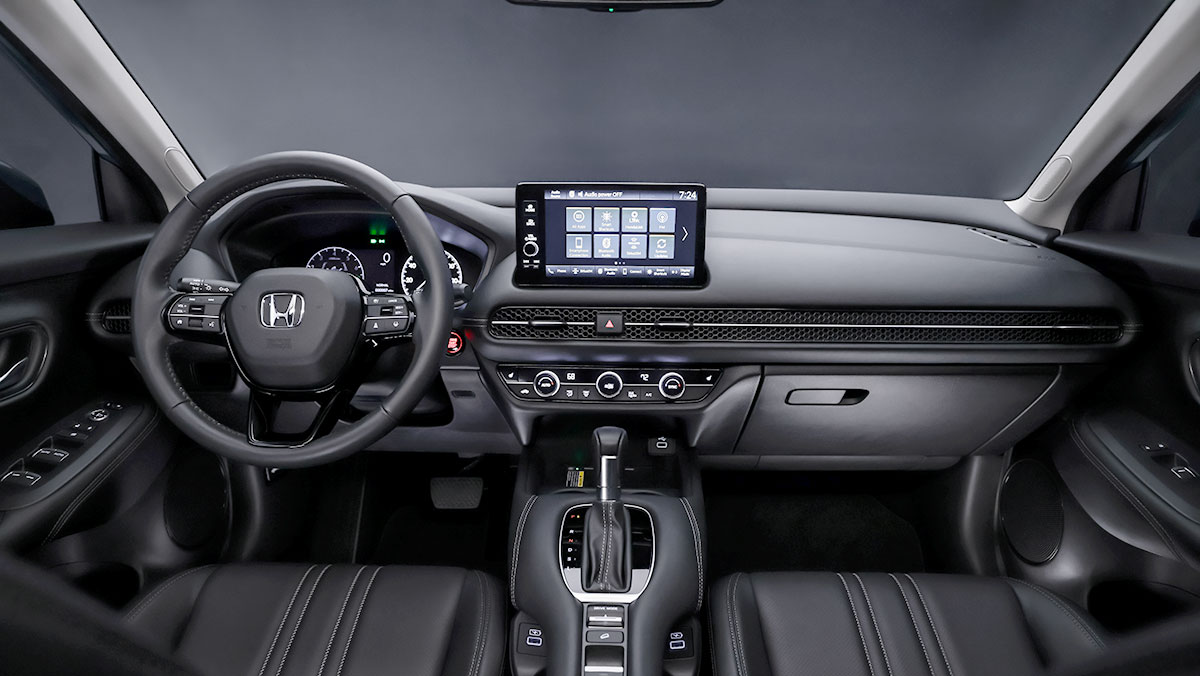
The Honda HR-V is known for its reliability. But like any vehicle, it can face engine problems. Understanding these issues can help you troubleshoot them quickly.
Starting Issues
One common engine problem is starting issues. If your HR-V struggles to start, it might be due to a weak battery. Check the battery connections for any corrosion. Clean them if needed.
Another cause could be a faulty starter motor. Listen for a clicking sound when you turn the key. If you hear it, the starter motor might need replacement. Also, ensure the fuel system is functioning. A clogged fuel filter can prevent the engine from starting.
Overheating Troubles
Overheating is another issue that can affect your HR-V. Check the coolant level first. Low coolant can cause the engine to overheat. Refill it if it’s low.
Inspect the radiator for any leaks. Leaks can lead to low coolant levels. Also, check the radiator fan. It should turn on when the engine gets hot. If it doesn’t, the fan motor might be faulty.
Ensure the thermostat is working correctly. A stuck thermostat can prevent coolant from flowing. This will cause the engine to overheat. Replacing the thermostat can solve the problem.
Honda HRV Transmission Issues
The transmission system in your Honda HR-V is crucial for smooth driving. Issues with the transmission can impact your vehicle’s performance. Understanding these problems can help in troubleshooting and fixing them. Two common transmission issues are slipping gears and delayed shifting.
Slipping Gears
Slipping gears happen when the transmission changes gears unexpectedly. This can cause the car to lose power. You might hear unusual noises or experience jerky movements. Common causes include:
- Low transmission fluid
- Worn-out gears
- Damaged clutch
Check the transmission fluid level first. If the fluid is low, refill it. If the problem persists, the gears or clutch may need inspection.
Delayed Shifting
Delayed shifting means the transmission takes longer to change gears. This can make driving difficult and unsafe. Symptoms include:
- High RPM before shifting
- Rough or slow gear changes
- Warning lights on the dashboard
Delayed shifting often occurs due to:
- Dirty transmission fluid
- Faulty solenoids
- Transmission wear and tear
Replace dirty transmission fluid to fix the issue. Solenoids might also need replacement if they are faulty. Regular maintenance can prevent these problems.
Honda HRV Electrical System Faults
The electrical system in your Honda HR-V is critical. It powers everything from the lights to the engine. Any issues can cause major problems. This section covers common electrical faults. Specifically, we’ll focus on Battery Drain and Faulty Wiring.
Battery Drain
A frequent issue with the Honda HR-V is battery drain. This can leave you stranded with a dead battery. Here are common causes:
- Parasitic Draw – Electrical components continue to draw power when the car is off.
- Old Battery – Batteries lose their efficiency over time.
- Faulty Alternator – The alternator may not charge the battery properly.
To troubleshoot battery drain:
- Check if any lights remain on after turning off the car.
- Test the battery voltage with a multimeter.
- Inspect the alternator for proper function.
Faulty Wiring
Faulty wiring can cause various issues in your Honda HR-V. Signs of faulty wiring include:
- Flickering Lights – Lights may flicker or dim.
- Blown Fuses – Frequent fuse blowouts.
- Non-working Accessories – Accessories may stop working.
To diagnose faulty wiring:
- Inspect the wiring harness for any visible damage.
- Use a multimeter to check for continuity.
- Look for signs of corrosion or wear.
Proper maintenance can prevent many electrical system faults. Regular checks and timely repairs will keep your Honda HR-V running smoothly.
Honda HRV Brake System Concerns
The brake system in your Honda HR-V is crucial. It keeps you safe on the road. Issues with the brakes can be scary. Here, we will look at common brake problems. We will cover brake noise and brake pedal feel.
Brake Noise
Hearing strange sounds when braking? It might signal a problem. Here are common brake noises and their causes:
- Squeaking: This could be due to worn-out brake pads.
- Grinding: Often a sign that pads are completely worn out.
- Clicking: May indicate loose brake components.
Check your brake pads if you hear squeaking. Replace them if worn out. Grinding sounds need immediate attention. Your brake pads might be gone. Clicking noises? Inspect for loose parts. Tighten them to stop the noise.
Brake Pedal Feel
The feel of your brake pedal can tell a lot. Here’s what different sensations might mean:
| Pedal Feel | Possible Issue |
|---|---|
| Soft or Spongy | There could be air in the brake lines. |
| Hard | May indicate a problem with the brake booster. |
| Pulsating | Likely caused by warped brake rotors. |
If the pedal feels soft, bleed the brakes. This will remove air from the lines. A hard pedal? Check the brake booster. It may need replacing. Pulsating pedals? Inspect your brake rotors. Warped rotors need resurfacing or replacing.
Honda HRV Suspension And Steering Problems
The suspension and steering systems in the Honda HR-V ensure a smooth and controlled ride. They play a critical role in your vehicle’s handling and overall safety. Identifying and troubleshooting problems in these systems can help maintain your car’s performance.
Unusual Noises
Hearing unusual noises from your Honda HR-V’s suspension or steering system? This could be a sign of underlying issues.
Common noises include:
- Clunking sounds while driving over bumps
- Squeaking noises when turning the steering wheel
- Grinding sounds during acceleration or braking
These sounds often indicate worn-out bushings, ball joints, or other suspension components. Inspect these parts and replace them if necessary.
Steering Wheel Vibration
Steering wheel vibration can be alarming and uncomfortable. It usually points to issues within the suspension or steering system.
Common causes include:
- Unbalanced or misaligned wheels
- Worn-out suspension components
- Damaged tires or rims
To troubleshoot, start by checking wheel balance and alignment. If these are correct, inspect the tires for damage. Lastly, examine the suspension parts for wear and tear.
Regular maintenance can prevent most suspension and steering issues. Addressing problems early ensures your Honda HR-V remains safe and enjoyable to drive.
Honda HRV Climate Control Problems
Climate control problems in a Honda HR-V can be frustrating. A faulty climate control system impacts comfort. It can make driving unpleasant. Addressing these issues quickly is crucial for a smooth ride.
Air Conditioning Issues
Air conditioning issues often arise in the Honda HR-V. The most common problem is the AC not blowing cold air. This can be due to a refrigerant leak. Low refrigerant levels prevent the system from cooling properly. Another issue is a faulty compressor. The compressor is vital for the AC to function. If it fails, the air conditioning stops working.
Clogged or dirty air filters can also cause AC problems. These filters need regular cleaning or replacement. A clogged filter restricts airflow. This reduces the efficiency of the air conditioning system. Electrical issues can also be a culprit. Faulty wiring or a blown fuse can disrupt the AC system.
Heater Malfunctions
Heater malfunctions are another common issue. If the heater is not working, it could be due to a faulty thermostat. The thermostat regulates the engine temperature. If it is not working, the heater will not produce warm air.
Another possible cause is a clogged heater core. The heater core is responsible for warming the air. If it is clogged, the heater will not work properly. Low coolant levels can also impact the heater. The heater relies on engine coolant to produce heat. If the coolant is low, the heater will not function correctly.
Electrical problems can also affect the heater. Issues with the heater controls can cause malfunctions. A blown fuse or faulty wiring can disrupt the heater’s operation.
Routine Maintenance Tips
The Honda HR-V is a reliable vehicle, but regular maintenance ensures it runs smoothly. Keeping up with routine tasks can prevent bigger issues. Below are some essential maintenance tips to keep your Honda HR-V in top shape.
Oil Changes
Regular oil changes are crucial for your Honda HR-V’s engine health. Clean oil lubricates engine parts, reducing friction and wear.
Follow these steps for an oil change:
- Warm up the engine for a few minutes.
- Turn off the engine and place an oil pan underneath.
- Remove the drain plug and let the old oil drain out.
- Replace the drain plug and remove the old oil filter.
- Install a new oil filter and add fresh oil.
Check your owner’s manual for the recommended oil type and change intervals. Generally, change the oil every 5,000 to 7,500 miles.
Tire Rotation
Tire rotation is another essential maintenance task. It ensures even tire wear, improving your vehicle’s handling and extending tire life.
Here’s how to rotate your tires:
- Lift the car using a jack and secure it with jack stands.
- Remove the lug nuts and tires.
- Rotate the tires in a specified pattern:
- Front tires to the rear, rear tires to the front.
- Swap the front tires left to right.
- Reattach the tires and tighten the lug nuts.
- Lower the car and check the tire pressure.
Rotate your tires every 5,000 to 7,500 miles or as recommended in your owner’s manual.
Routine maintenance keeps your Honda HR-V performing at its best. These simple tasks can prevent costly repairs and ensure a smooth ride.
When To Seek Professional Help
Sometimes, fixing your Honda HR-V issues yourself is not enough. You need to know when to seek professional help. This section will guide you through the process.
Identifying Severe Issues
Not all car problems are easy to fix at home. Some issues need professional attention. Here are some signs:
- Engine Warning Light: If this light stays on, it means there is a problem.
- Unusual Noises: Strange sounds from the engine, brakes, or transmission.
- Fluid Leaks: Puddles under your car are a serious concern.
- Strong Smells: Burning, gasoline, or other strong odors.
Choosing A Mechanic
Finding the right mechanic can be a challenge. Here are some tips:
- Check Reviews: Look for mechanics with good reviews online.
- Certifications: Make sure they have ASE certification.
- Get Estimates: Ask for written estimates before any work begins.
- Warranty: Choose a mechanic who offers a warranty on their work.
Choosing the right mechanic ensures your car gets the care it needs. Don’t hesitate to ask questions. Your safety depends on it.
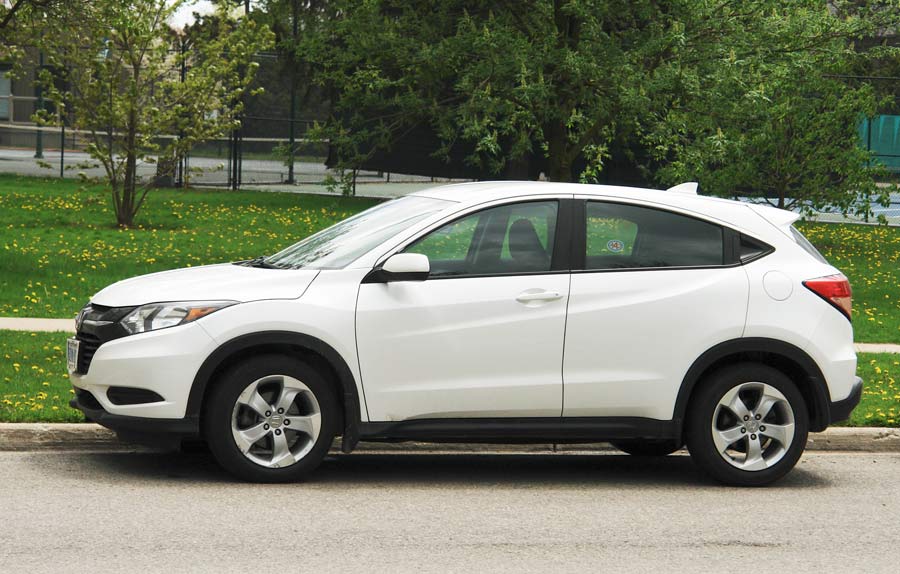
Frequently Asked Questions
How Do I Reset The Honda Hrv Maintenance Light?
To reset the maintenance light, turn on the ignition, press the trip button until the maintenance light blinks, then hold until it resets.
Why Is My Honda Hrv Engine Light On?
The engine light can indicate various issues, including a loose gas cap or more serious engine problems. Check and tighten the gas cap first.
What Should I Do If My Honda Hrv Won’t Start?
First, check the battery and connections. Ensure the battery is charged and the terminals are clean and tight.
How Can I Fix Honda Hrv Bluetooth Issues?
Ensure your phone’s Bluetooth is on and paired with the car. Restart both the car and phone if needed.
Why Does My Honda Hrv Make A Clicking Noise?
A clicking noise can be due to a low battery or starter motor issue. Check the battery and starter connections.
Conclusion
Solving common Honda HR-V issues can be straightforward with the right guidance. Regular maintenance helps prevent many problems. Pay attention to warning signs. Address issues early to avoid major repairs. Always consult the manual for specific solutions. Seek professional help when necessary.
Keep your Honda HR-V in top shape with these tips. Happy driving!



